Brocato’s Sandwich Shop, a cherished Tampa institution known for its Cuban sandwiches, stuffed potatoes, and devil crabs, has filed for Chapter 11 bankruptcy.
After nearly 80 years in business, the shop’s financial woes became insurmountable due to the COVID-19 pandemic. The pandemic led to a significant decline in revenue, leaving Brocato’s struggling to stay afloat.
Financial Struggles and Debt

Brocato’s owes a staggering $700,000 to the Florida Department of Revenue, $21,000 to Gordon Food Service, $4,000 to the IRS, and $676,700 to other unsecured creditors.
Despite these mounting debts, the shop lists just $14,596 in assets.
Pandemic Impact

The COVID-19 pandemic severely impacted Brocato’s, causing a “substantial” decline in revenue.
Despite these challenges, the shop managed to generate $1.75 million in gross revenue in 2022 and $2.02 million in 2023. These figures show signs of recovery, although the road to financial stability remains difficult for this iconic eatery.
Chapter 11 Bankruptcy Explained

Filing for Chapter 11 bankruptcy allows Brocato’s to continue operating while it reorganizes its debts.
This strategic move aims to prevent the Florida Department of Revenue from canceling its sales tax permit and block creditors from freezing its bank accounts. This decision is crucial for the shop’s survival as it works towards financial recovery.
Optimism for the Future

Brocato’s attorney, Jonathan Semach, expressed optimism about the future, stating, “Revenues are still strong and we feel pretty strong and pretty comfortable that we will emerge successfully” [from bankruptcy].
The shop has already generated $741,000 in revenue in 2024, indicating a promising trend that may help it overcome its financial hurdles.
Impact on the Community

Brocato’s has been a beloved part of Tampa’s culinary scene for decades. Its Cuban sandwiches and devil crabs have attracted locals and tourists alike, making it a cultural and gastronomic landmark in the area.
The community’s support is vital as Brocato’s works through its financial challenges, aiming to continue serving its iconic dishes.
Applebee’s Closures
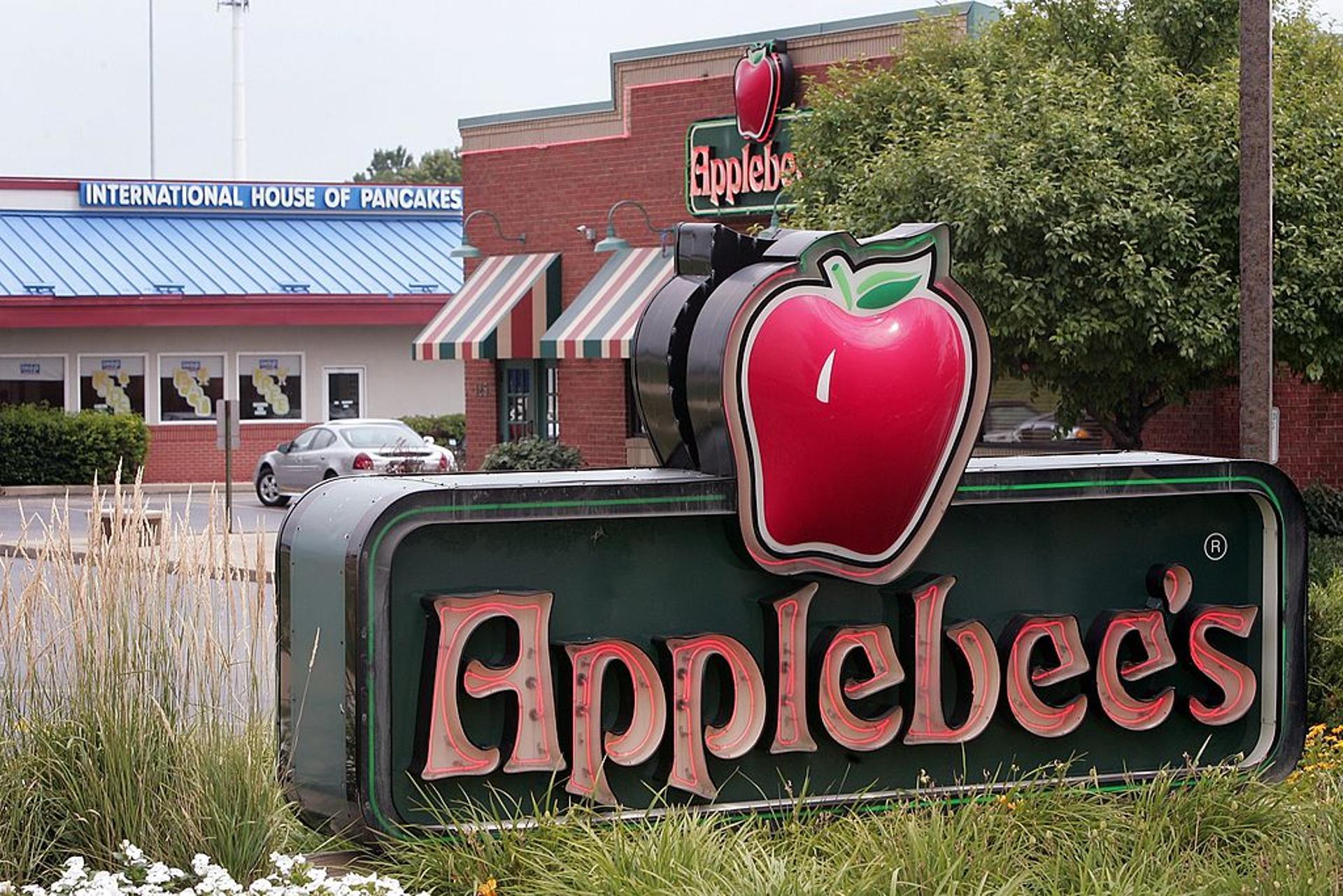
Applebee’s has faced significant challenges, resulting in the closure of several locations across the country. The restaurant chain has struggled with changing consumer preferences and increased competition in the casual dining sector.
These closures reflect broader trends in the industry, affecting many well-known brands.
Red Lobster Bankruptcy
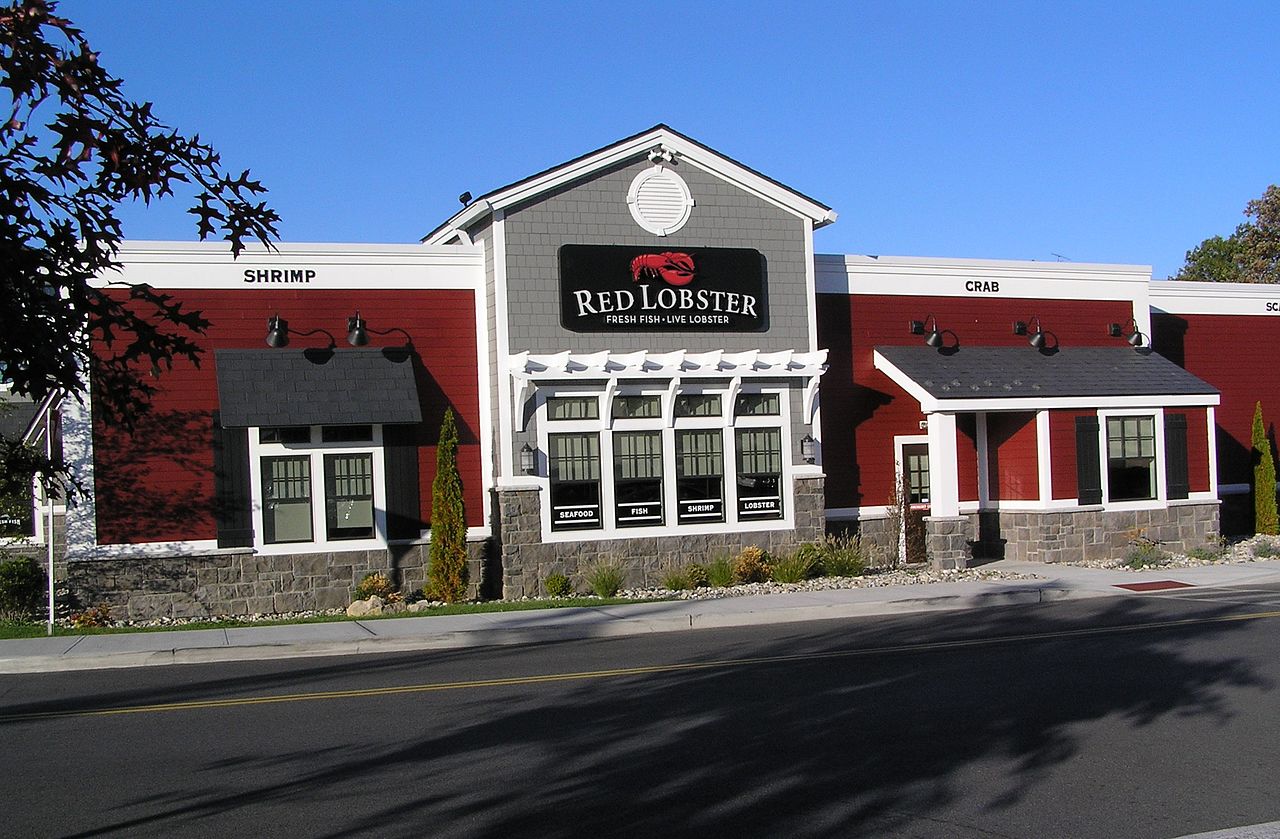
Red Lobster filed for Chapter 11 bankruptcy on May 19, 2024, to tackle its financial and operational challenges. The seafood chain has been dealing with high food and labor costs, significant operating losses, and numerous restaurant closures.
Its owner, Thai Union Group, announced plans to divest from the chain due to its prolonged negative financial contributions.
Frostee Freeze Closure
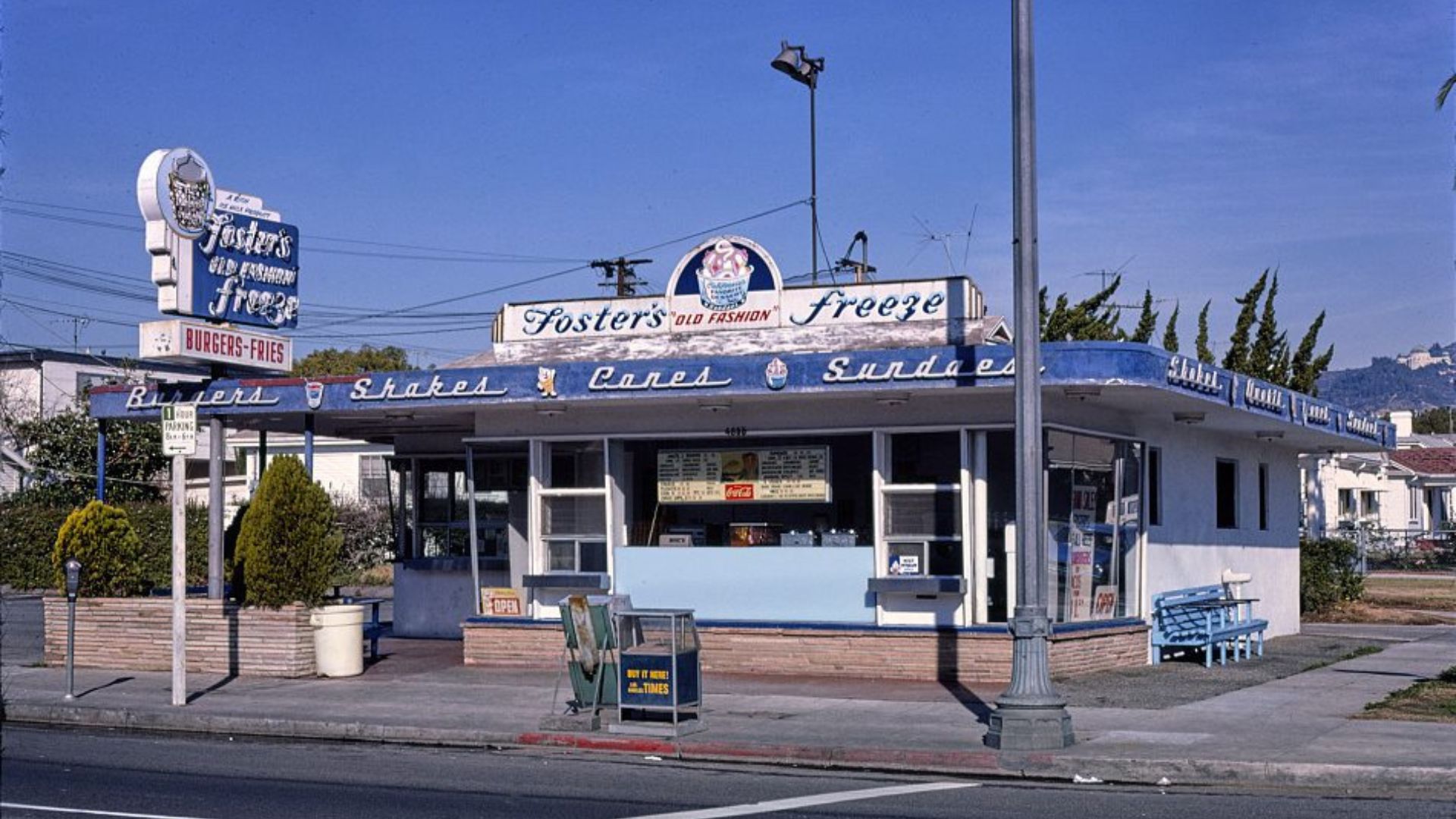
Foster’s Freeze, a popular California-based ice cream shop, recently closed its doors. The beloved dessert spot struggled to stay afloat amid rising costs and changing consumer habits.
This closure highlights the difficulties many small businesses face in the current economic climate, where survival often hinges on adaptability and community support.
Burger King Kiosk Changes
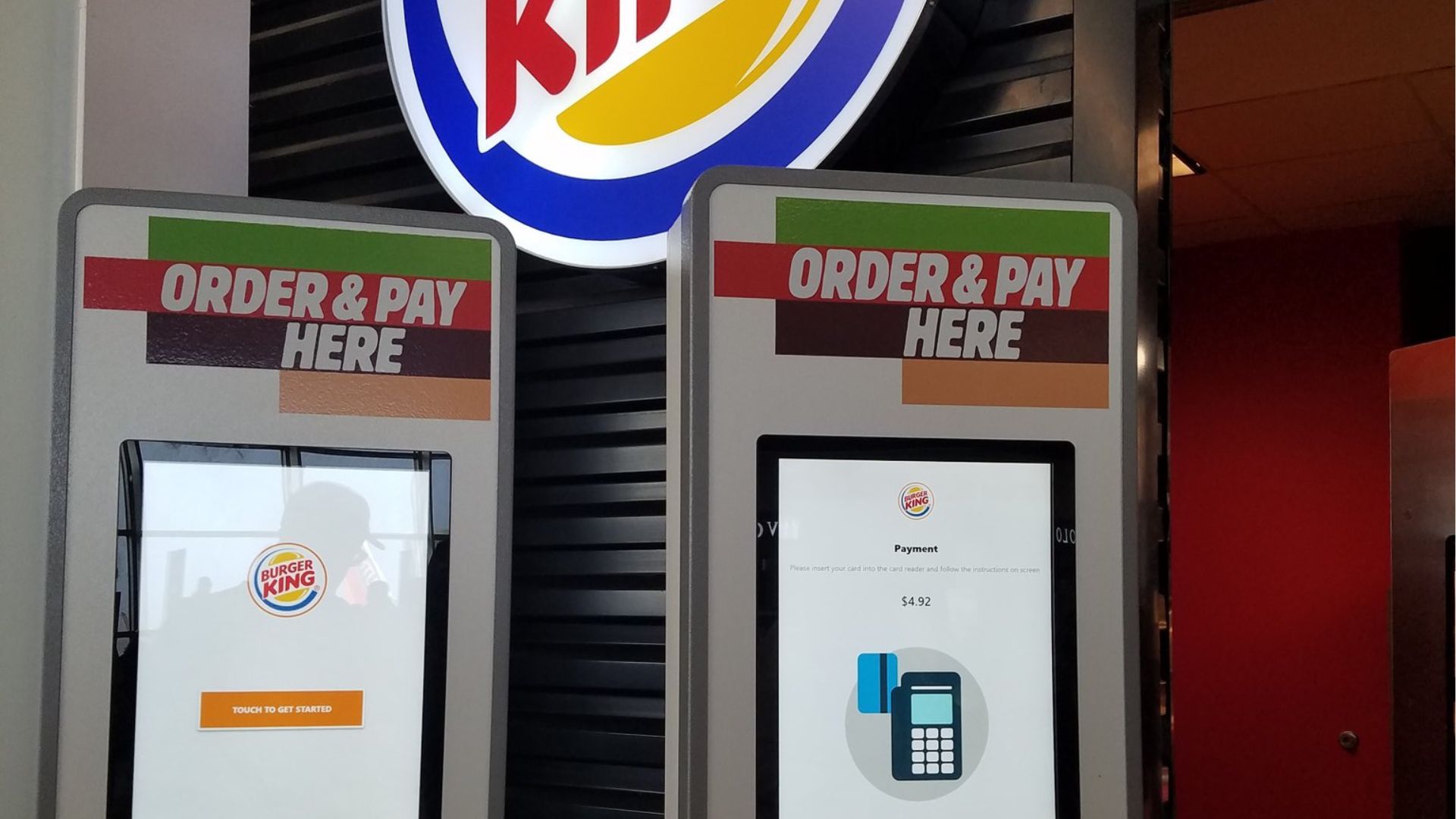
Burger King has faced challenges with the introduction of kiosks in its locations. While intended to streamline service, the kiosks have led to layoffs and customer dissatisfaction.
These changes have impacted the chain’s overall performance, demonstrating the complex balance between technological innovation and maintaining customer satisfaction.
Taco Bell Price Increases
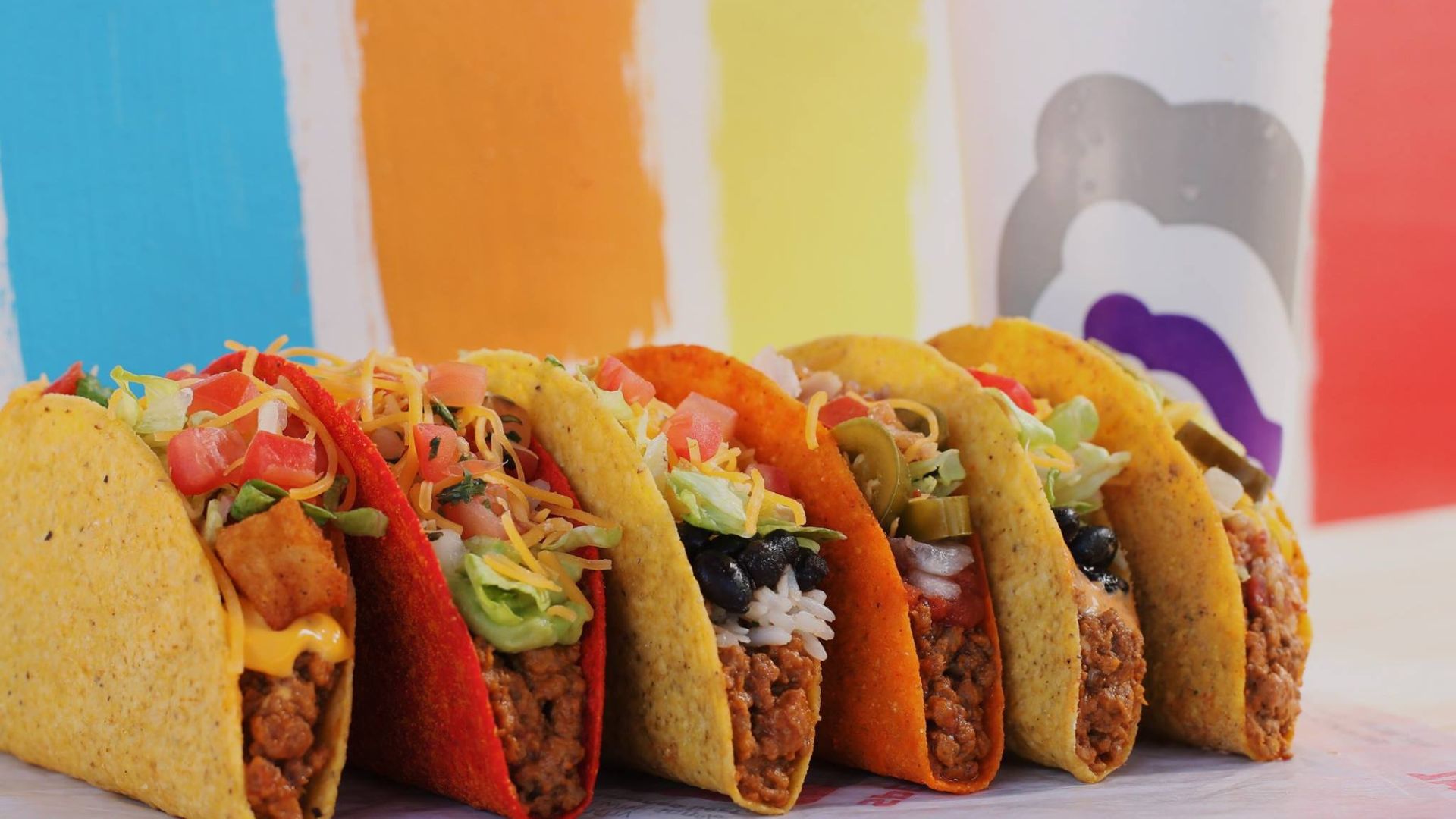
Taco Bell has had to increase prices in response to rising food costs. While the chain remains popular, the higher prices have caused some consumers to rethink their dining choices.
This shift affects overall sales and highlights the broader issue of inflation impacting the food industry.
Brocato’s Hopes for Recovery

Despite the challenges, Brocato’s remains hopeful for a turnaround. With strong community support and a plan to restructure its debt, the iconic sandwich shop aims to emerge from bankruptcy.
The goal is to continue serving its beloved Cuban sandwiches and other dishes, preserving its legacy as a staple of Tampa’s culinary heritage.
